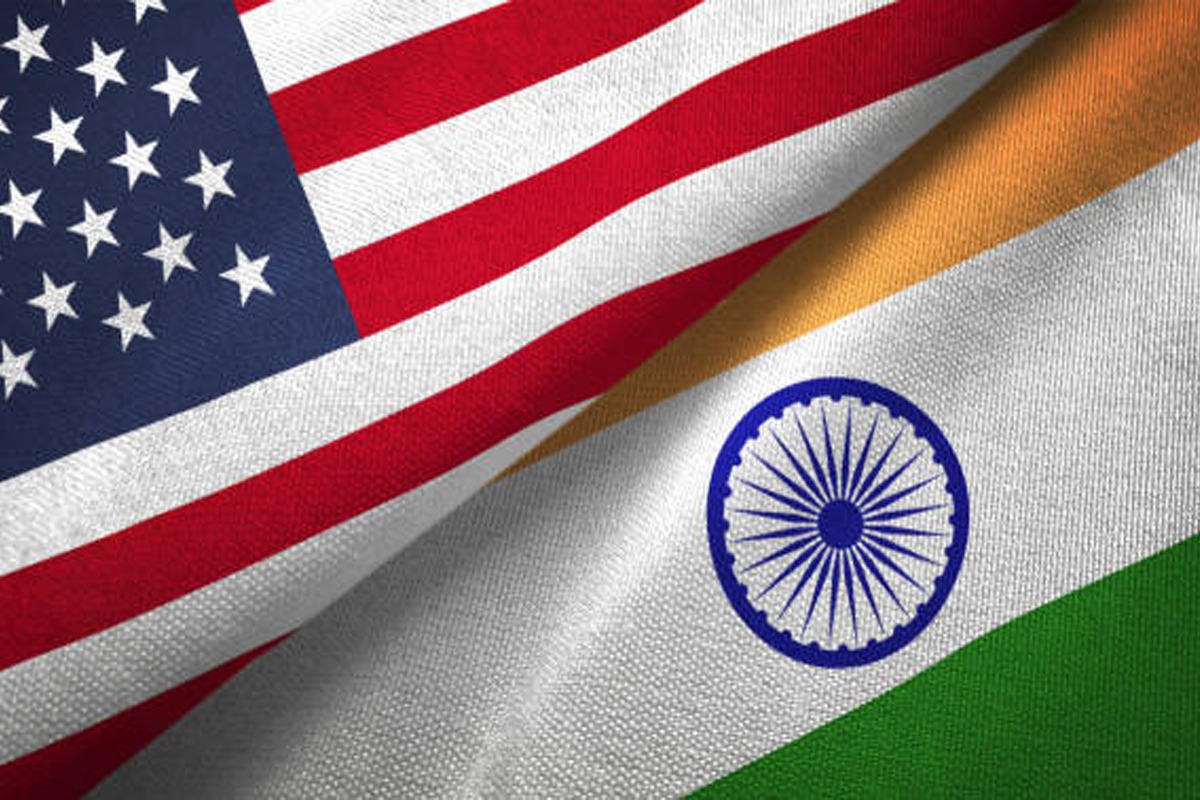India and the United States have called for perpetrators of the Mumbai and Pathankot attacks to be brought to justice at a meeting of their joint working group on anti-terrorism.
The 19th meeting of the India-USA Counter Terrorism Joint Working Group, held in New Delhi on Tuesday, “strongly” condemned all forms of international terrorism.
Both sides agreed that terrorism remains a serious threat to international peace and security.
In a statement, India and the US said that they are concerned about the threat posed by terrorist entities and called for “concrete actions” against terrorist networks, including Al-Qaeda, ISIS/Daesh, Lashkar-e-Taiba (LeT), Jaish-e-Mohammad (JeM) and Al-Badr.
The two sides also discussed counter-terrorism cooperation at multilateral fora such as the United Nations, Global Counterterrorism Forum (GCTF), Financial Action Task Force (FATF) and Quad.
The group meeting called on all countries to take immediate, sustained, and irreversible action to ensure that no territory under their control is used for terrorist attacks.
The US appreciated the leadership of India in global efforts to counter terrorism and the recent initiative of hosting a special meeting of the UNSC Counter-Terrorism Committee.
The US welcomed the Delhi Declaration which deliberated upon the use of new and emerging technologies for purposes of terrorism. They also shared information about their priorities and procedures for pursuing designations against terrorist groups and individuals.
“The two sides reaffirmed their deep strategic partnership for advancing security and prosperity for the two countries. They reiterated that terrorism remains a serious threat to international peace and security,” according to the statement.
Both sides discussed steps to disrupt the ability of terrorists to travel internationally, including through information sharing. They also discussed mutual legal and extradition assistance, law enforcement training, and capacity-building cooperation.
Participants also deliberated pressing counter-terrorism challenges like the use of the Internet for terrorist purposes, narco-trafficking and its linkages to terrorism and the use of new and emerging technologies such as Unmanned Aerial Systems, virtual assets, and the dark web for terrorism.










